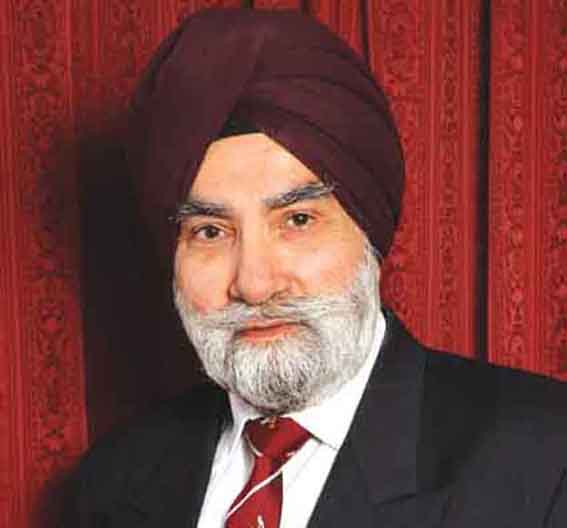COP26 in Glasgow 31 October to 12 November, 2021 A Sikhi Perspective

COP26 stands for the 26th Conference of the Parties (COP) under the United Nations Framework Convention on Climate Change, an agreement made by 197 countries to stabilise greenhouse gas emissions and avoid dangerous climate change.
COP26 issues are being discussed at Glasgow from 31 October to 12 November 2021 and look at relevant global challenges from many different angles: climate change, pollution, ecology (co-existence of life in earth) and related issues which impact world economics, politics and social life in an ever shrinking global village.
In the same way, human relationship with and responsibility towards the environment is repeated in many different contexts in Sri Guru Granth Sahib. The Creator Himself resides in nature (ਕੁਦਰਤਿ ਕਰਿ ਕੈ ਵਸਿਆ ਸੋਇ ॥) Yet, human responsibility is also made clear: All life forms serve you []]O human being]. You are []]entrusted with the responsibility of a] leader on this Earth (ਅਵਰ ਜੋਨਿ ਤੇਰੀ ਪਨਿਹਾਰੀ ॥ ਇਸੁ ਧਰਤੀ ਮਹਿ ਤੇਰੀ ਸਿਕਦਾਰੀ ॥ SGGS 374).
The most encouraging sessions of Climate Change Conference was held in Paris in 2015, which established the Paris Agreement in which the participant nations agreed to keep global temperatures to well below 2°C compared to mid-18th century, pre-industrial levels, and ideally below 1.5°C. The industrial revolution marked the start of major greenhouse gas emissions which raise global temperature. The treaty was signed by 196 countries. It included rich countries offering financial assistance to poorer countries to reduce emissions.
At COP26 the countries will need to show how they have met their national targets. As a reminder of world concern, in April 2019, thousands of environmental activists supporting the Extinction Rebellion campaign group, blocked roads and iconic locations in the UK to draw attention to what they saw as the Ecological and Climate Emergency of climate change.
Governments can do much through eco-legislation, enforcement of rules and regulation and economic policies, but only a paradigm shift in human nature and life-style can change habits and attitudes in the longer term. There is overproduction and much waste while the larger part of humanity is starving or at subsistence level. Affordability itself should not be taken as a right to careless indulgence in luxuries, goods, services and activities with scant regard for impact on the environment.
The ecological message of Sri Guru Granth Sahib can be summarised as follows: The great Mother Earth, with its many life forms, is the Dharam Khand, the realm where balanced, responsible and righteous living should be practised. This Earth, together with the environment (wind and water) is the dharamsaa or mandir (place of worship) where human beings are placed at the head of all life forms. It is the dharam, the duty, of human beings not to desecrate this temple of God by disturbing the fine balance of nature by abusing the environment through selfish overuse of resources. The air, the water and the earth are the givers of life and knowledge, and sustainers of life. The environment is the teacher, the water and the great mother earth the father and mother respectively, the caring parents, who look after us. Every human being has a responsibility to selflessly serve the creation and not to desecrate this temple of God, the great Mother Earth.
The ecological message of Sikhi is highly relevant today.
Gurmukh Singh OBE
Principal Civil Servant Retired.